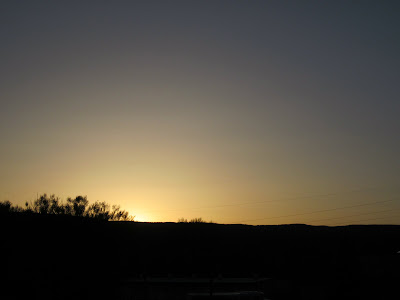US and the Arts
While Spousal Unit and I were in Quebec, we were amazed at the presence of the arts everywhere we went. These pictures are from a single mural in Levis, showing the area's history and progress over time. This was one of many wonderful murals throughout the area (there's another in this post).
It made me think about the way that art is not present in my daily life here in the states. There are no murals on my way to work (though there are a few in other areas of town). Art isn't brought to mind by any outside forces aside from the occasional concert poster - it's a self-driven venture.
We started our vacation by hearing the Orchestre Symphonique de Quebec play Mendelssohn while a local theatre group performed A Midsummer Night's Dream (in French). It was incredible. The acting was delightful, the minimalist stage with ladders instead of trees was a fun take, and the orchestra blew my American mind. Imagine a 100-piece orchestra with perfect timing, tuning, and feeling. It's not often that I've gone to hear a group and fully recognized them as professional, full-time musicians without knowing anything at all about them - often, it's understood that the orchestra or band is a secondary gig for its members, or even a freelance one. Being paid to play classical music is not a highly appreciated thing here. And it should be.
A coworker mentioned to me that her son's high school orchestra went on tour in Europe, and every night, the concerts sold out, concerts put on by American teenagers who, performing in the US, would have had an auditorium half full at best of people who were all related to someone on stage. But in Places Not Here, there is a broader appreciation for music, for drama, for general beauty. It's recognized that art drives culture, drives general societal development. If the arts die, so does the society - in more than just a dramatic sense. Presence of art is how we measure the development of past societies; why shouldn't we keep that in mind for present day?
 |
| Random mural in Quebec. This is all two-dimensional. |
In the US, when money is needed for road construction, we cut K-12 music and art programs - removing an important reason to use those roads. Balanced budgets are important, but what about Shakespeare and Lascaux and Mozart and Basho? When there isn't quite enough in our defense budget (which was more than big enough ten years ago, knock it off already), we cut our language programs and hinder our future ability to communicate with others, meaning we'll be more likely to need those defenses when misunderstandings occur. (I'd wager that many of the people who would eagerly cut language budgets don't realize that understanding a language sheds light on the culture as well.)
Studying the arts and other such ventures is an exercise in creativity, which can overflow into everyday life. Art informs life; past informs present; a new source of energy may be dreamed up entirely because one physicist takes the time to play guitar on a regular basis. These arenas of life are not separate from each other. They are all connected (and this isn't just hippie BS I'm spouting at you).
While Spousal Unit and I wandered and saw that firm understanding on display on the sides of buildings, in shops, on street corners, in alleys, we felt it tug the lack of understanding in the states into sharp relief. Again, it's not that there's a complete lack of arts here, but that it isn't so fully integrated as it could be and is consistently being removed or ignored. And while we repeatedly said, "Wow, we should move here," what we really meant was wow, what a situation back home.
Everyone in politics is focusing on the budget deficit, but the arts deficit expands in obscurity. And that is what will destroy us someday.








Comments
Post a Comment